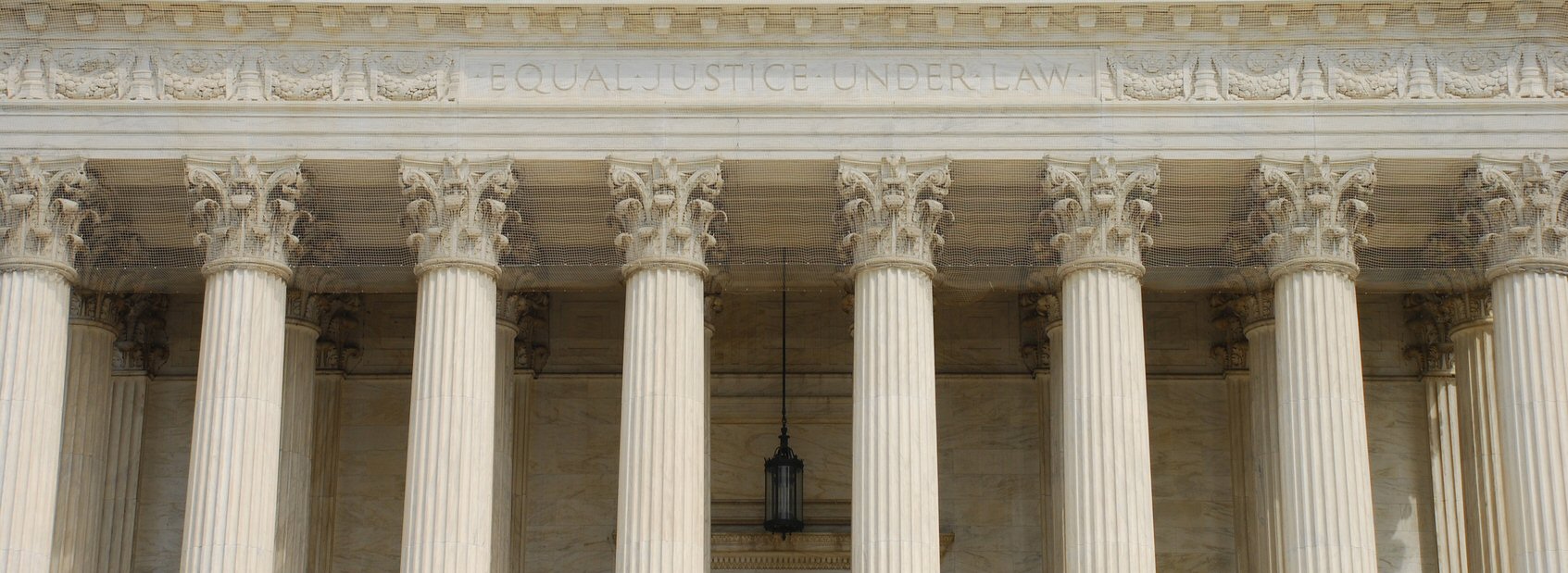Position Statement – 2021
A.5045 (Davila) / S.3457 (Montgomery)
An act to amend the criminal procedure law, in relation to allowing a court to waive certain surcharges and fees and to repeal certain provisions of the penal law relating thereto
Support
WBASNY strongly supports this legislation that was recently signed into law as Chapter 144, Laws of 2020. We thank Governor Cuomo for signing this legislation into law and Assemblymember Maritza Davila and Senator Velmanette Montgomery for sponsoring the legislation.
This law amends the criminal procedure law by giving the court discretion to waive certain fees for a defendant under the age of twenty one, where it is demonstrated that the fee would impose an undue hardship, prevents successful reintegration into society, or that the interest of justice requires it.
As the Justification to the bill points out, monetary sanctions imposed by the criminal justice system on youth who cannot afford to pay make it likely that the youth will return to the criminal justice system again to “face a myriad of penalties including criminal contempt, civil judgments that follow them into adulthood, probation violations, additional fees, property liens, and even more periods of incarceration.”
This law furthers the purposes of New York’s Raise the Age legislation which raised the age of criminal responsibility to 18 in order to allow youths a second chance to re-enter society by receiving age appropriate probation and treatment services after having committed a non-violent criminal offense at a young age. Like the Raise the Age law, it is designed to give youth a second chance to avoid the vicious cycle of repeated involvement in the criminal justice system caused by their inability to pay. It allows courts discretion to impose the fees and penalties or not, leaving it up to judicial discretion whether the fee is justified under the circumstances of the case. We approve this approach rather than imposing the fee in all cases or eliminating the fee entirely. In some cases, where the defendant has been guilty of repeated new criminal offenses unrelated to failure to pay the penalty or fee, or where the defendant or his family has ample funds to pay, the fee may be appropriate.

